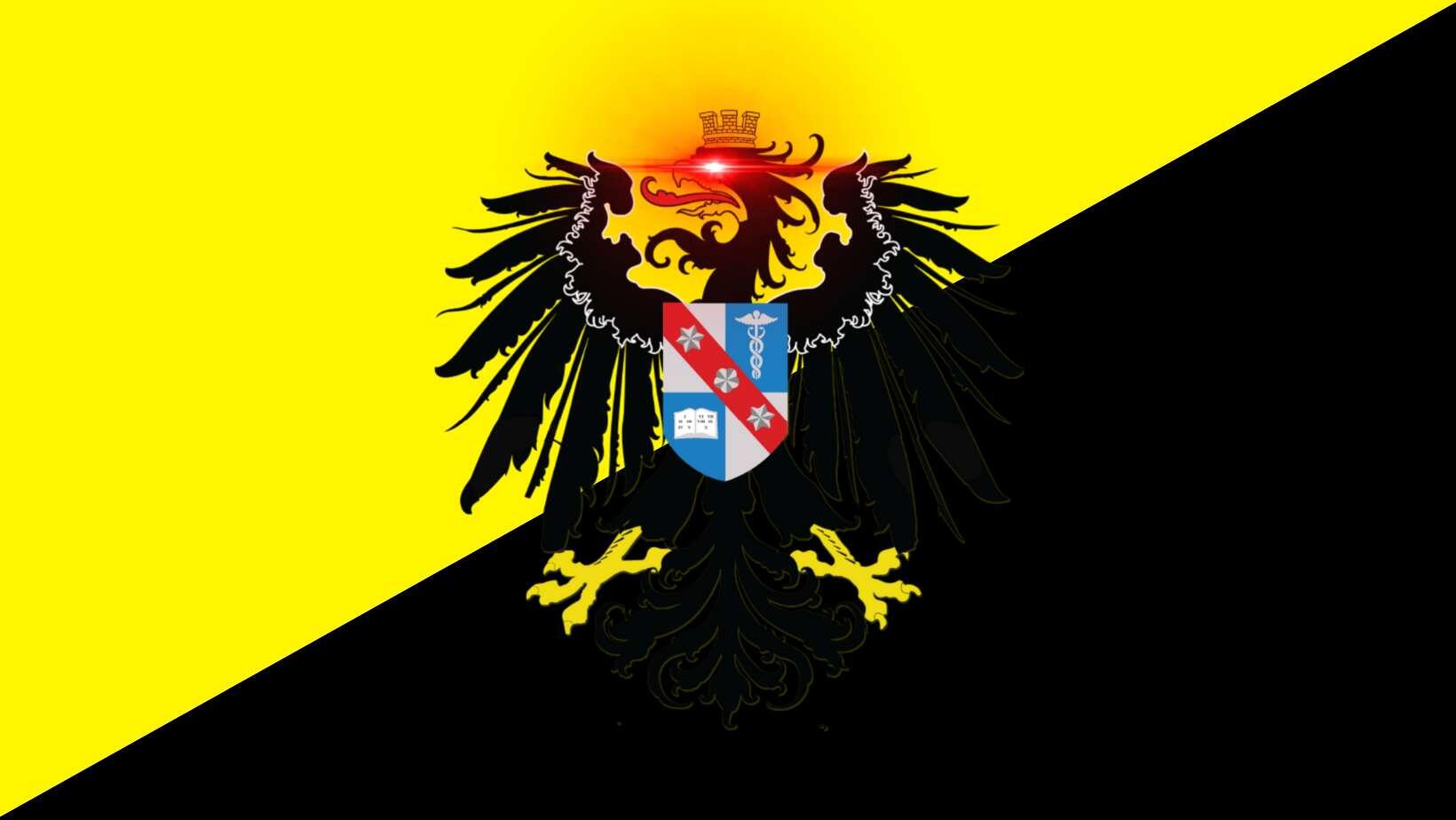The panic of 1819 grew largely out of the changes wrought by the War of 1812, and by the postwar boom that followed. The war also brought a rash of paper money, as the government borrowed heavily to finance the conflict. The government depended on note-issuing banks spread throughout the country. All of this put tremendous strains on the banks’ reserves of specie held against such notes. This would inevitably lead to suspension of specie payments in some parts of the country in 1814.
Freed from the shackles of hard money, the suspension of specie led to a boom in the number of new banks started in the country, and a subsequent boom in note issuance. The war altered the economic pattern of production in a way very different from what would have evolved in the absence of war, and thus it placed the economy on a sandy foundation, vulnerable to distress when the war ended. Indeed, it was in this boom phase that the New York Stock Exchange was founded in 1817 — born in a bubble.
On this subject, I strongly recommend that you look at Rothbard's book "The Panic of 1819".
Moreover, when it comes to the next Depression period of 1929; Rothbard argues that the Federal Reserve (Fed), under Benjamin Strong's leadership, pursued expansionary monetary policies during the 1920s. By keeping interest rates artificially low and expanding credit, the Fed encouraged excessive borrowing and speculative investments, such as the stock market bubble. He suggests this policy was partly motivated by an international agreement to prop up the British pound, but it led to widespread "malinvestments"—investments that appeared profitable only under distorted market conditions. When these unsustainable bubbles burst, the economy crashed in 1929.
Rothbard traces the root of these problems back to the Fed's creation in 1913 under President Woodrow Wilson. He views this as a turning point that introduced persistent inflationary tendencies into the U.S. economy. The central banking system, in his eyes, disrupted the natural discipline of free markets by enabling credit expansion unchecked by real savings, setting the stage for economic instability.
After the stock market crash, Rothbard criticizes President Herbert Hoover for worsening the depression through interventionist policies. Notably, Hoover encouraged businesses to maintain high wages despite falling demand, which Rothbard claims prevented the labor market from adjusting naturally. This, he argues, deepened unemployment and stalled recovery, prolonging the economic downturn.
Of course, in this regard, I also highly recommend "America's Great Depression" by the great Rothbard.
So to say that "there was no QE in the past" is downright naïve, because state manipulation of money never leads to tightening, no power-hungry person would stop the money printing press, and I'm sure you are aware of the Cantillon Effect.

Kaan
npub1as…dugs9
2025-04-04 16:28:29
in reply to nevent1q…5aum
Author Public Key
npub1asyasvv6vhkuk44ttczsz2v0xvp3c6ze9xqrg9n97n6mkskgpnjqmdugs9Seen on
wss://relay.nostr.band/npub1jh4qu2g5e49syrwh293q8q90xeklvdx47pnj5vyca2tkljed08us0ctj6kwss://relay.damus.ioPublished at
2025-04-04 16:28:29Event JSON
{
"id": "e08e094e387358c4e1281b60c42549778332a1280cfa5d1d772c9d2ad0352928",
"pubkey": "ec09d8319a65edcb56ab5e0501298f33031c68592980341665f4f5bb42c80ce4",
"created_at": 1743784109,
"kind": 1,
"tags": [
[
"e",
"cefea2491eb6039b9c9c709b97aec20b99b2715aac453c9b3d35ba7e15497374",
"",
"root"
],
[
"e",
"15a1e5eb4b8050388060746abe905d67853decfca10f5cdf4ae084687a217147"
],
[
"e",
"0528eb6f36590fcf0fbace04e22d2bd1dccdc0290fb1f8dcd3c238a8bf9945ad",
"",
"reply"
],
[
"p",
"d49a9023a21dba1b3c8306ca369bf3243d8b44b8f0b6d1196607f7b0990fa8df"
],
[
"p",
"ec09d8319a65edcb56ab5e0501298f33031c68592980341665f4f5bb42c80ce4"
]
],
"content": "The panic of 1819 grew largely out of the changes wrought by the War of 1812, and by the postwar boom that followed. The war also brought a rash of paper money, as the government borrowed heavily to finance the conflict. The government depended on note-issuing banks spread throughout the country. All of this put tremendous strains on the banks’ reserves of specie held against such notes. This would inevitably lead to suspension of specie payments in some parts of the country in 1814.\n\nFreed from the shackles of hard money, the suspension of specie led to a boom in the number of new banks started in the country, and a subsequent boom in note issuance. The war altered the economic pattern of production in a way very different from what would have evolved in the absence of war, and thus it placed the economy on a sandy foundation, vulnerable to distress when the war ended. Indeed, it was in this boom phase that the New York Stock Exchange was founded in 1817 — born in a bubble.\n\nOn this subject, I strongly recommend that you look at Rothbard's book \"The Panic of 1819\".\n\nMoreover, when it comes to the next Depression period of 1929; Rothbard argues that the Federal Reserve (Fed), under Benjamin Strong's leadership, pursued expansionary monetary policies during the 1920s. By keeping interest rates artificially low and expanding credit, the Fed encouraged excessive borrowing and speculative investments, such as the stock market bubble. He suggests this policy was partly motivated by an international agreement to prop up the British pound, but it led to widespread \"malinvestments\"—investments that appeared profitable only under distorted market conditions. When these unsustainable bubbles burst, the economy crashed in 1929.\r\n\r\nRothbard traces the root of these problems back to the Fed's creation in 1913 under President Woodrow Wilson. He views this as a turning point that introduced persistent inflationary tendencies into the U.S. economy. The central banking system, in his eyes, disrupted the natural discipline of free markets by enabling credit expansion unchecked by real savings, setting the stage for economic instability.\r\n\r\nAfter the stock market crash, Rothbard criticizes President Herbert Hoover for worsening the depression through interventionist policies. Notably, Hoover encouraged businesses to maintain high wages despite falling demand, which Rothbard claims prevented the labor market from adjusting naturally. This, he argues, deepened unemployment and stalled recovery, prolonging the economic downturn.\n\nOf course, in this regard, I also highly recommend \"America's Great Depression\" by the great Rothbard.\r\n\nSo to say that \"there was no QE in the past\" is downright naïve, because state manipulation of money never leads to tightening, no power-hungry person would stop the money printing press, and I'm sure you are aware of the Cantillon Effect.",
"sig": "a15d731d9d297c45f25ad0a00ebb55204ff526dfef3b2e8aac9dfc6d9512be652822b512739087ae3e52e1114f823b2bcfb9f98b00c2426ab9fc8cb49a83bfe0"
}